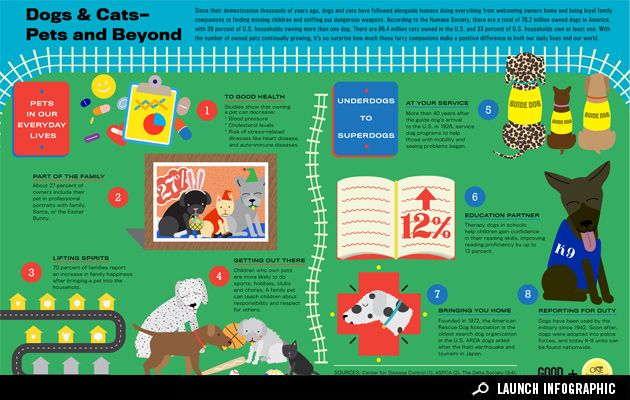Do Dogs Get Fed At Daycare
Do Dogs Get Fed At Daycare
Blog Article
Can Canine Day Care Cause Illness?
Dogs in childcare get lots of exercise, socializing with various other canines and unique experiences. This can be specifically practical for young puppies and dogs with behavior problems.
There are a number of lawful factors to consider you require to take into account when starting a doggy day care service. These consist of the framework of your organization and compliance with government policies.
1. Dog Distemper
Canine distemper is spread out with straight contact with the physical liquids and waste of a contaminated pet, but it can also be transmitted through shared water and food bowls or with airborne droplets. This extremely infectious health problem is most unsafe for pups, yet it can influence pets of any age and is fatal for most if left neglected.
Preliminary signs of canine distemper typically simulate a cold, consisting of dripping eyes and nose with watery or pus-like discharge. As the condition proceeds, a pet will certainly create high temperature, coughing, minimized cravings, throwing up and looseness of the bowels. The infection can likewise assault the nerve system, leading to seizures, jerking and partial or total paralysis.
Respectable day cares decrease exposure to infection by needing vaccinations, routine health examinations and follow strict health methods. If your dog appears excessively worn out or limping, a day of rest may help him recover, yet you must prevent taking him back to day care up until these symptoms clear up.
2. Kennel Coughing
Kennel coughing, additionally referred to as contagious canine tracheobronchitis or Bordetella, is a highly contagious viral or microbial condition that impacts the breathing system. It's typically transferred through the exchange of saliva or air beads that an unwell pet dog exhales. Social canines are at greater threat for infection because of their regular interaction with each other, such as when they play, share food or water, smell each other or simply meet in a jampacked setting like a pet dog park or day care.
The most usual signs and symptom of kennel cough is a persistent and forceful coughing that seems like something stuck in the throat or retching. Often, pets will certainly spend frothy white phlegm. If left unattended, a pet dog can establish pneumonia and be at significant danger for life.
A reliable daycare center ought to have strict cleansing and cleanliness protocols, disinfect all playthings, food and water bowls frequently, and be open about their inoculation policies. Keeping your pet as much as date on their inoculations, particularly for bordetella and canine influenza, will substantially minimize their chances of getting the health problem.
3. Parvovirus
Canine parvovirus, or parvo, is a highly transmittable viral health problem that can be deadly for pups and young adult dogs with bad immune systems. It's most generally spread out by direct contact with infected canine feces-- which can take place when pet dogs sniff, lick, or preference infected feces-- and indirectly from infected people, objects, or settings (like kennels, grooming areas and yards). Pups and pet dogs without complete inoculation histories are specifically vulnerable to parvo.
The infection is incredibly resistant, making it through in the environment for as much as nine years, and can conveniently be transferred in between dogs by call through feces or on footwear, clothes, and bed linens polluted with parvovirus. Otherwise treated quickly with IV fluids, electrolyte equilibrium, vomiting control drugs and prescription antibiotics to prevent additional microbial infections, a canine will swiftly dehydrate and create severe looseness of the bowels, which leads to shock and blood poisoning. Parvo is difficult to treat once a pet dog has actually ended up being ill, yet with suitable vet care, numerous pups do survive this health problem.
4. Canine Influenza
Pooch influenza infection is highly infectious and spreads via direct call, sharing food and water bowls, licking or nuzzling various other canines, via airborne droplets, and via contaminated surface areas. Vaccination is effective in lowering the risk of infection and break outs.
The majority of affected pet dogs develop a moderate respiratory system infection with a cough that lasts 1-3 weeks. They may additionally have nasal dog boarding kennel and ocular discharge, sneezing, and sleepiness. Several of the most severe instances result in pneumonia and a high fever.
If your canine shows any of these signs, do not bring them back to childcare until they are healthy. If your pet dog is revealing signs of severe exhaustion or limping, speak with your veterinarian right away and ensure they get on healthiness supplements to help develop their resistance. A vet will assess your pet for symptoms of the flu by taking a sample from the nose or throat, and blood examinations can be done to validate.